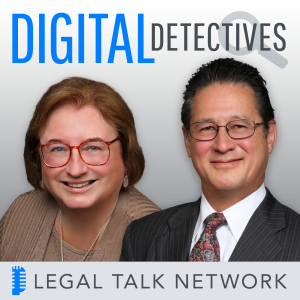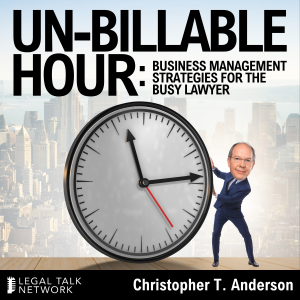

Matthew Dixon, co-founder of DCM Insights, is a researcher who’s spent much of his career studying the shared characteristics and behaviors of successful B2B salespeople. In 2011, he released a study called “The Challenger Sale.” While giving a keynote on his findings at an annual partner retreat, an audience member stood up and challenged him.
“He said, ‘Dr. Dixon, you’ve been talking for 45 minutes about sales effectiveness and salespeople and selling and sales process, and it’s all ve...
Matthew Dixon, co-founder of DCM Insights, is a researcher who’s spent much of his career studying the shared characteristics and behaviors of successful B2B salespeople. In 2011, he released a study called “The Challenger Sale.” While giving a keynote on his findings at an annual partner retreat, an audience member stood up and challenged him.
“He said, ‘Dr. Dixon, you’ve been talking for 45 minutes about sales effectiveness and salespeople and selling and sales process, and it’s all very fascinating and I’m sure our clients would be very interested in this,’” Dixon recounts to the ABA Journal’s Lee Rawles in this episode of The Modern Law Library. “‘And after all, we do a lot of consulting around go-to-market strategy. But what maybe you don’t recognize is that we are partners at our firm. We are not salespeople. In fact, there’s not a single salesperson in this audience. I might go so far as to say we don’t sell anything here.’”
Dixon was taken aback. “What I realized was this world of partnerships, of professional services, of doer-sellers is actually quite a bit different from the world of sales and what we had written and all this research we’d done over the years.”
In 2022, he tackled this population with the Rainmaker Genome Project, a study that became the basis for The Activator Advantage: What Today’s Rainmakers Do Differently, co-written by Dixon, Rory Channer, Karen Freeman and Ted McKenna.
The Rainmaker Genome Project surveyed 3,000 partner-level professionals in 41 firms across law, public relations, accounting and investment banking. About 39% of respondents were lawyers. Each received a score for effectiveness in business development and were analyzed for how they provided client services. And it turns out that partner was correct: What makes a lawyer an effective rainmaker is not necessarily what makes a salesperson effective.
After doing a vector analysis on the data, “what we found was that every one of those 3,000 professionals could be placed into one of five business development profiles,” says Dixon. The five profiles were the expert, the confidant, the debater, the challenger and the activator.
Dixon stresses that the five categories are not about personality. While personalities are immutable, behaviors can be changed.
“These are about the things we can all learn to be better at,” says Dixon. “It’s about how we spend our time, how we engage clients, how we use resources, how we collaborate with colleagues—and those are things we can all get better at with the right training, coaching and support from our firms.”
In this episode, Dixon expands on each type, but the most effective performers in business development were the activators.
“The reason we chose the term ‘activator’ instead of ‘connector’—people have asked—is that they’re not about collecting business cards and letting them collect dust or just hoarding LinkedIn connections,” Dixon tells Rawles. “What these folks do is try to turn these relationships into paying client relationships. They activate those relationships by proactively bringing new ideas—ways to mitigate risk, make money, save money—to clients.”
Dixon offers practical advice on how to behave like an activator, including the most effective ways to use LinkedIn. Lawyers and other client-servicing professionals can’t just sit back and wait for business to find them, he warns.
“Whether we like to admit it or not, clients are less loyal today than they once were,” he says. “They’re less likely to come back automatically to their incumbent provider. No matter how great the relationship or the value you’ve delivered, they’re forcing us to compete in ways we didn’t have to in the past. So activators want a backup plan. They know today’s great client might not be a client tomorrow, no matter what you’ve done. So you need a backup plan.”
View more
Comments (3)
More Episodes
All Episodes>>You may also like
Create Your Podcast In Minutes
- Full-featured podcast site
- Unlimited storage and bandwidth
- Comprehensive podcast stats
- Distribute to Apple Podcasts, Spotify, and more
- Make money with your podcast
It is Free












